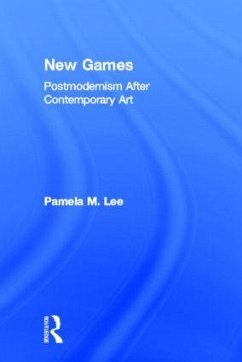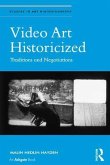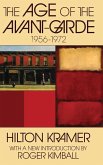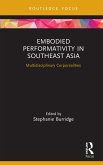Pamela M. Lee's New Games revisits postmodernism in light of art history's more recent embrace of "the contemporary." What can the theories and practices associated with postmodernism tell us about the obsession with the contemporary in both the academy and the art world? In looking at work by Dara Birnbaum, Öyvind Fahlström and Richard Serra, among others, Lee returns to Jean-Francois Lyotard's canonical text The Postmodern Condition as a means to understand more recent art-critical interests in interactivity, collectivism and neo-liberalism. She reads Lyotard's well-known treatment of language games relative to the game theory associated with the Cold War and the rise of the information society. New Games asks readers to think critically about our recent past and the embattled state of our contemporary preoccupations. With a critical introduction by Johanna Burton, New Games is the fourth and penultimate volume in Routledge's series of short books on the theories of modernism by leading art historians on twentieth-century art and art criticism.
Hinweis: Dieser Artikel kann nur an eine deutsche Lieferadresse ausgeliefert werden.
Hinweis: Dieser Artikel kann nur an eine deutsche Lieferadresse ausgeliefert werden.








